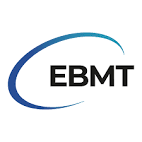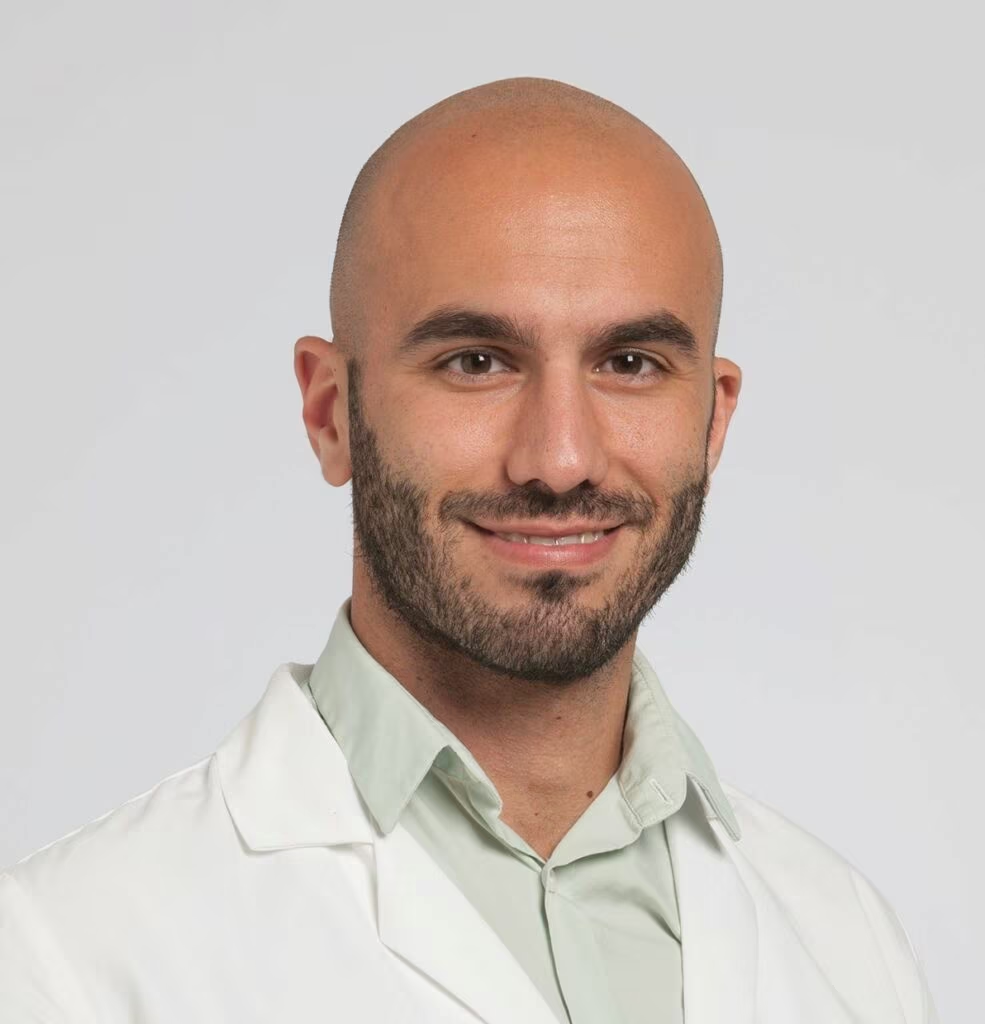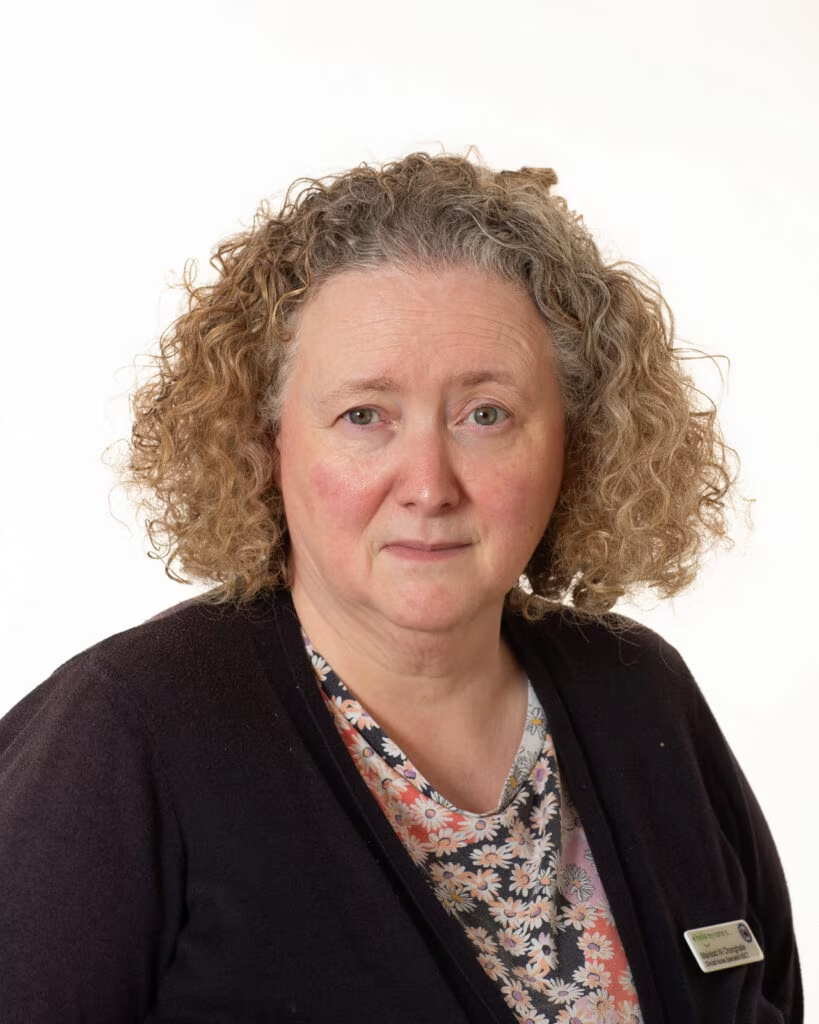Haematological Malignancies
An Introduction to Haematological Malignancies
In recent years, advances in our understanding of the pathological mechanisms underlying haematological malignancies have led to improved outcomes. Several novel drug classes are now emerging, including chimeric antigen receptor (CAR) T-cell therapy, molecular targeted therapies, bispecific T-cell engaging antibodies, CD47 blockade therapy and antibody-drug conjugates. Many challenges remain, however, including how best to combine agents and determining where new therapies fit into the treatment paradigm.
Expert video highlights, insights from the conference hub and comprehensive peer-reviewed articles from our journal portfolio provide updates on the changing treatment landscape. To learn more about how the latest developments impact on patient outcomes view our expert-led learning activities.”
Our supporting partners do not constitute an endorsement of the content on this page.

The European Hematology Association (EHA) has released its official EHA Perspectives in Hematology reports from the 2025 Annual Congress in Milan, now available in two separate editions covering malignant and non-malignant hematology. Following strong interest in the 2024 pilot report, this expanded format offers deeper insights into scientific and clinical advances across the field.
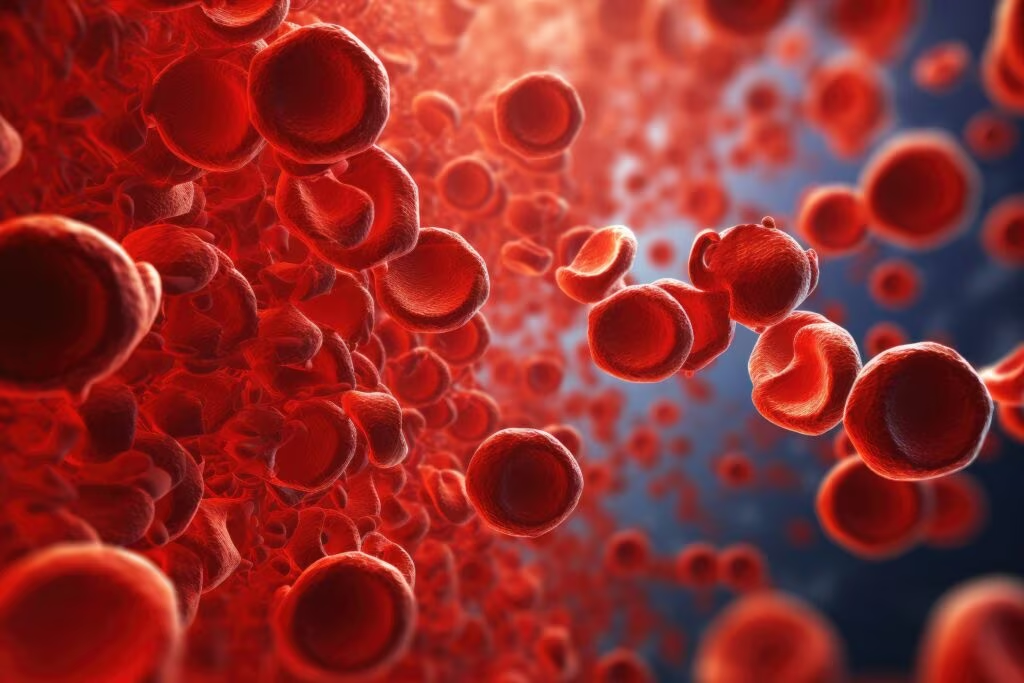
INCA33989, a mutant CALR-specific antibody, showed an 80% platelet normalization rate and no dose-limiting toxicities in early-phase trials for essential thrombocythemia. Dr. John Mascarenas highlights the agent’s potential as a disease-modifying therapy, with reductions in mutant CALR burden and strong tolerability—marking a significant step forward in ET treatment.

Diffuse large B cell lymphoma is now understood to consist of multiple molecular subtypes, each with distinct biology and treatment responses. Dr Dan Hodson emphasises the need for standardised genomic profiling in clinical trials to guide subtype-specific therapies and bridge the current disconnect between research findings and clinical application.
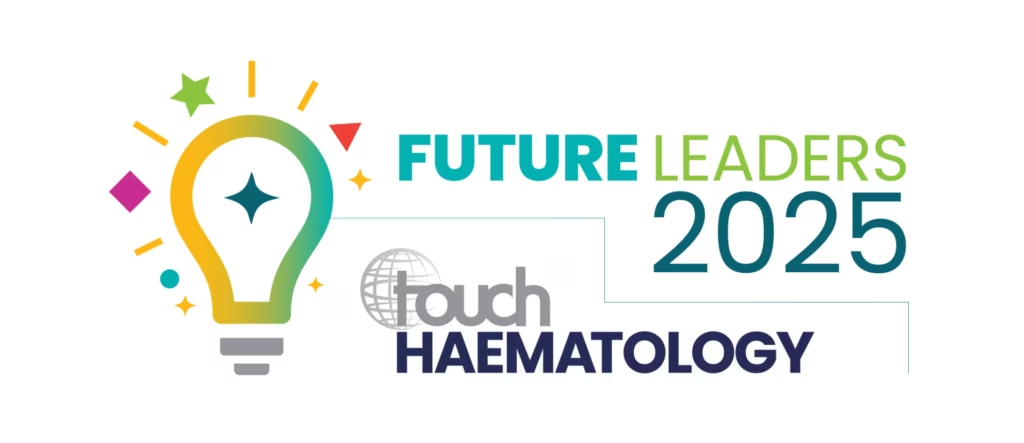
Dr Marlies Vanden Bempt, touchHAEMATOLOGY Future Leader 2025, reflects on her journey in haematology, the impact of mentorship, and her hopes for the future of the field. Now launching her own lab, she shares how calm leadership, resilience in research and openness to AI are shaping her vision for the next decade.
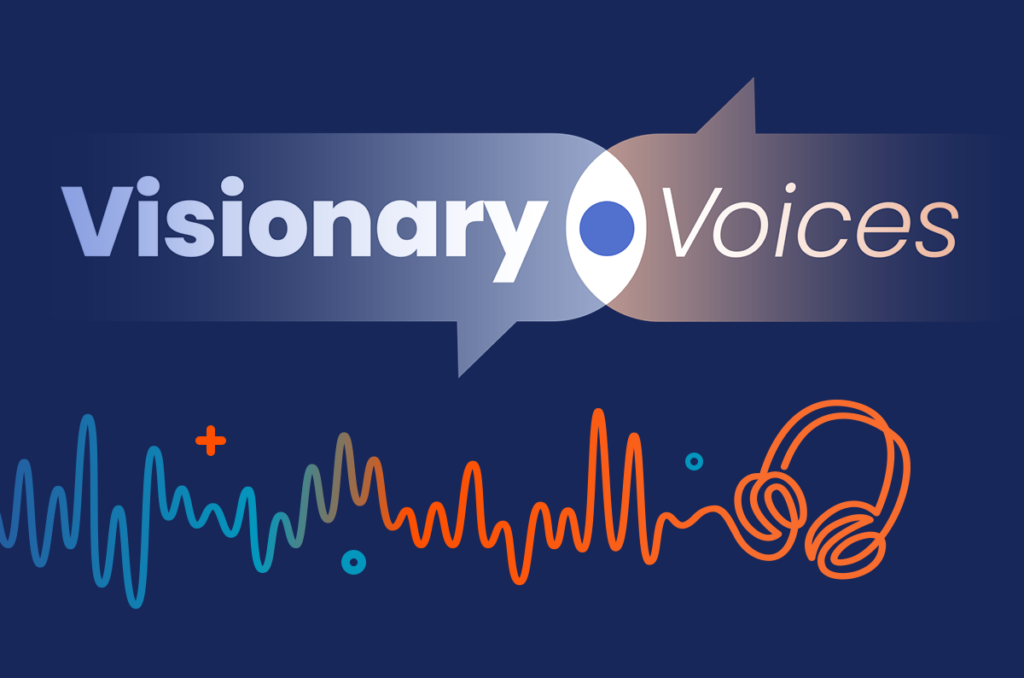
Physician burnout is at a critical point. In this episode, Nicky speaks with Dr Alfred Atanda about why so many physicians are burning out and what can be done to change the trend. From personal experience to system-wide solutions, Dr Atanda shares valuable insights on improving physician well-being and building a more effective healthcare culture.

CAR T-cell therapy is transforming blood cancer care, yet most eligible patients never receive it. Dr Miguel-Angel Perales outlines how the CAR T Vision Coalition plans to close this gap.
Learning points:
- Understand why timely referral for CAR T is critical
- Learn how real-world data support broader patient eligibility
- Explore solutions to expand delivery beyond academic centres
- Discover strategies to promote equitable access across regions

Dr Côme Bommier reflects on the influences that shaped his career, the evolving landscape of lymphoma treatment and the central role of patients in clinical decision-making. With a clear vision for more personalised and lasting care, he offers thoughtful insight into the challenges and responsibilities of modern haematology.
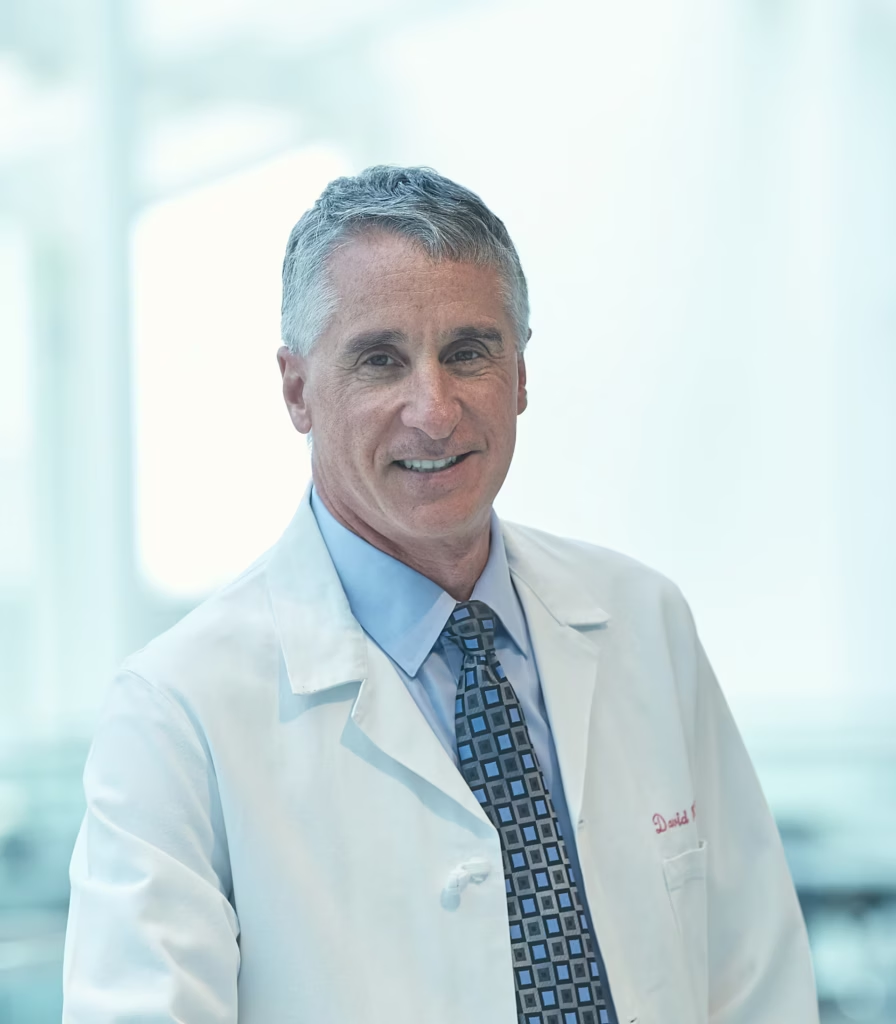
Dr. David Porter, President of ASTCT, outlines his vision for the Society’s future, emphasizing expanded access to cell therapies, multidisciplinary collaboration, and a bold strategic plan through 2030. He highlights exciting advances in treating autoimmune diseases and solid tumors, positioning ASTCT to lead in a rapidly evolving therapeutic landscape.

In this episode, we explore the future of continuing medical education (CME) with the team behind touchIME. Hannah Fisher and Matthew Goodwin share insights into global and US trends, the importance of patient inclusivity and how educational outcomes are evolving to better measure the direct impact of learning on clinical practice and patient care.
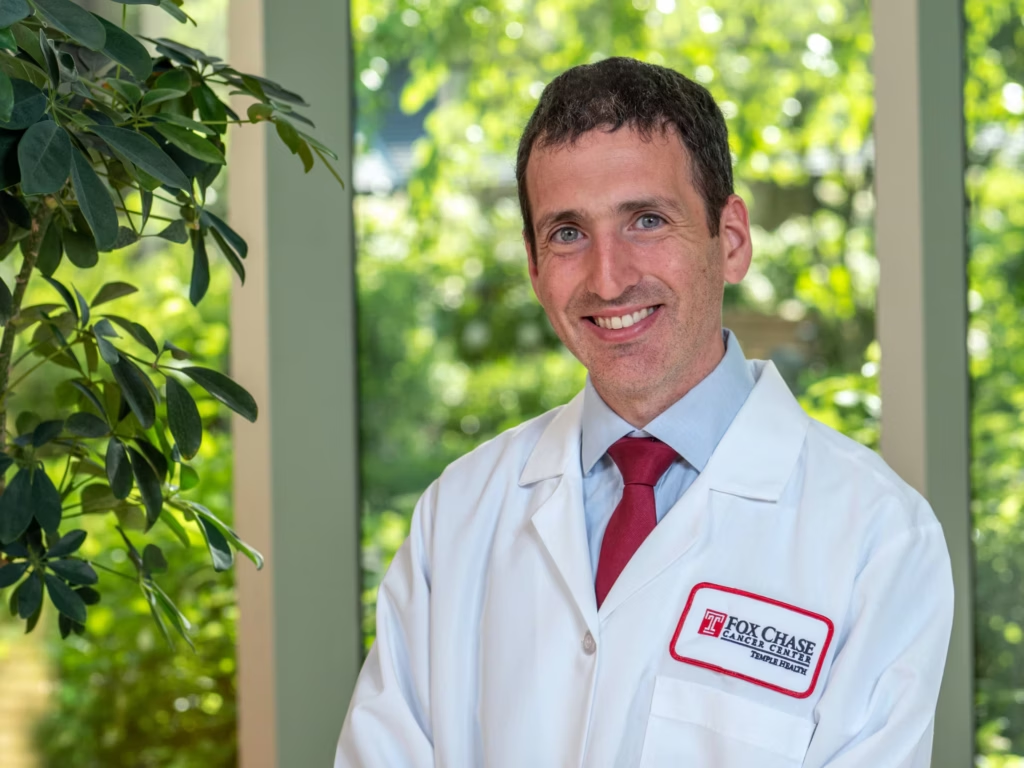
Dr Zachary Frosch, Fox Chase Cancer Center, shares how patient priorities guide his clinical decisions and how his research stems from real-world challenges. He also reflects on key lessons from mentorship and the ongoing dialogue between the clinic and the research lab that shapes his work.
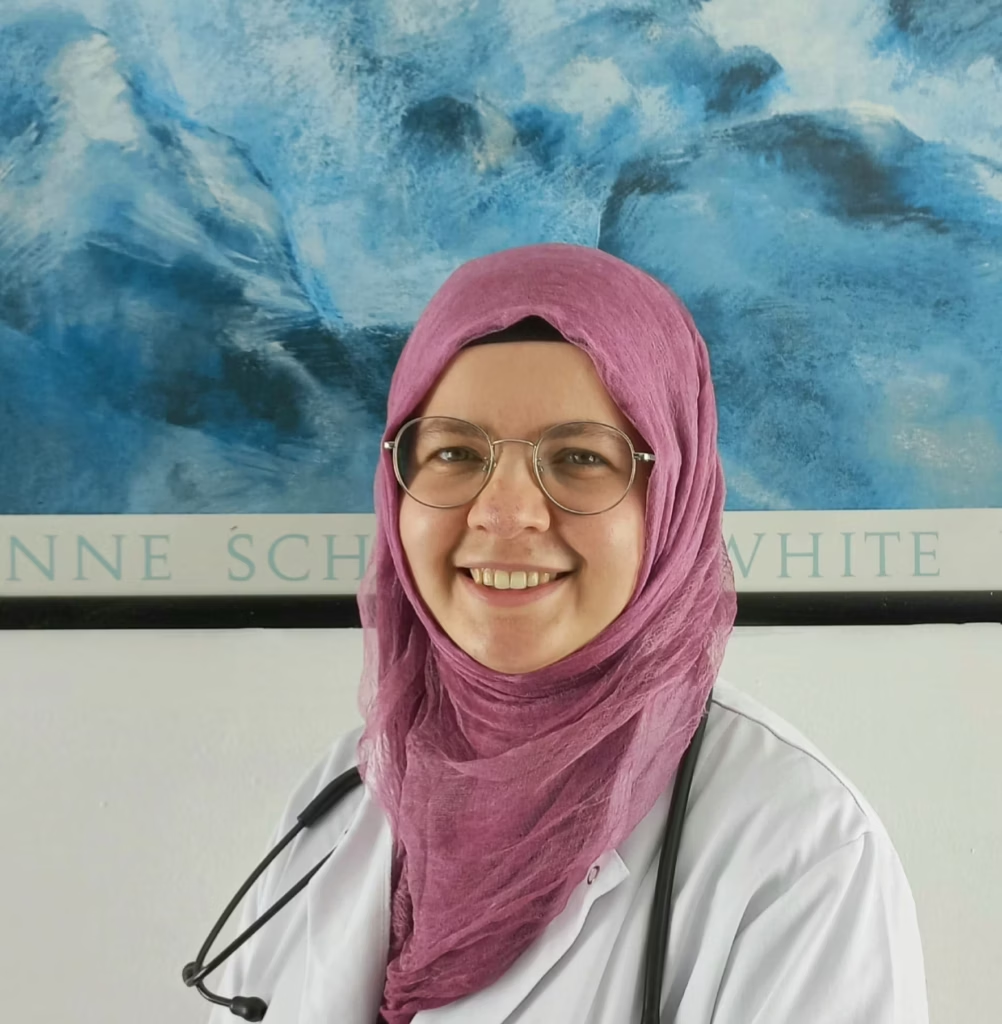
Dr. Esra Gülderen discusses her path into hematology, the critical role of mentorship, and how early research experiences shaped her confidence. Now a Co-chair of the EBMT Trainee Committee, she shares what motivates her and why clear communication, curiosity, and resilience are essential traits for aspiring haematologists.

A chemotherapy-free approach combining ibrutinib-rituximab (IR) has outperformed standard chemotherapy regimens in treating older patients with newly-diagnosed mantle cell lymphoma (MCL), according to findings from the ENRICH trial presented at the 66th American Society of Hematology Annual Meeting. The study ...
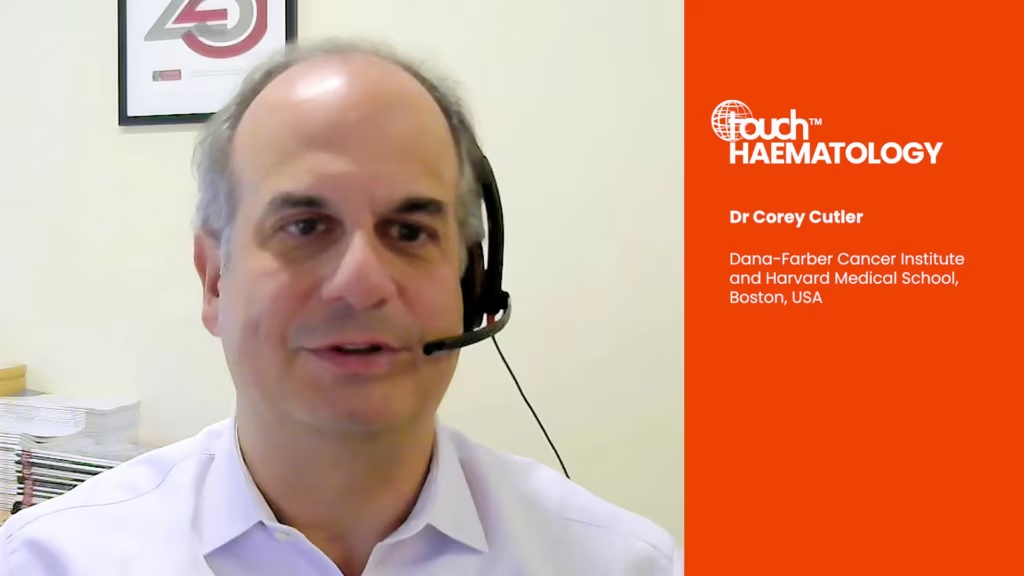
Expert insights on new and emerging approaches to optimize the management of steroid-refractory cGvHD.
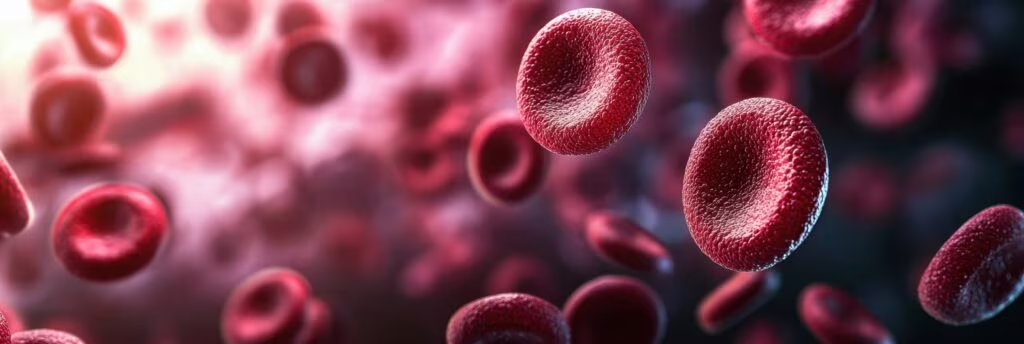
The American Society of Hematology (ASH) held its 66th Annual Meeting from 7–10 December 2024. Among the highlights of the meeting were six late-breaking abstracts that have the potential to influence how healthcare professionals approach a range of condition,s from introducing ...
Latest articles videos and clinical updates - straight to your inbox
Log into your Touch Account
Earn and track your CME credits on the go, save articles for later, and follow the latest congress coverage.
Register now for FREE Access
Register for free to hear about the latest expert-led education, peer-reviewed articles, conference highlights, and innovative CME activities.
Sign up with an Email
Or use a Social Account.
This Functionality is for
Members Only
Explore the latest in medical education and stay current in your field. Create a free account to track your learning.


